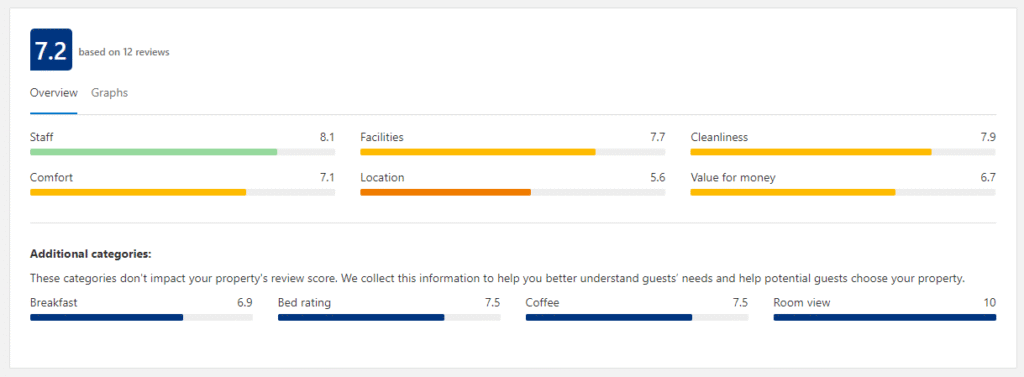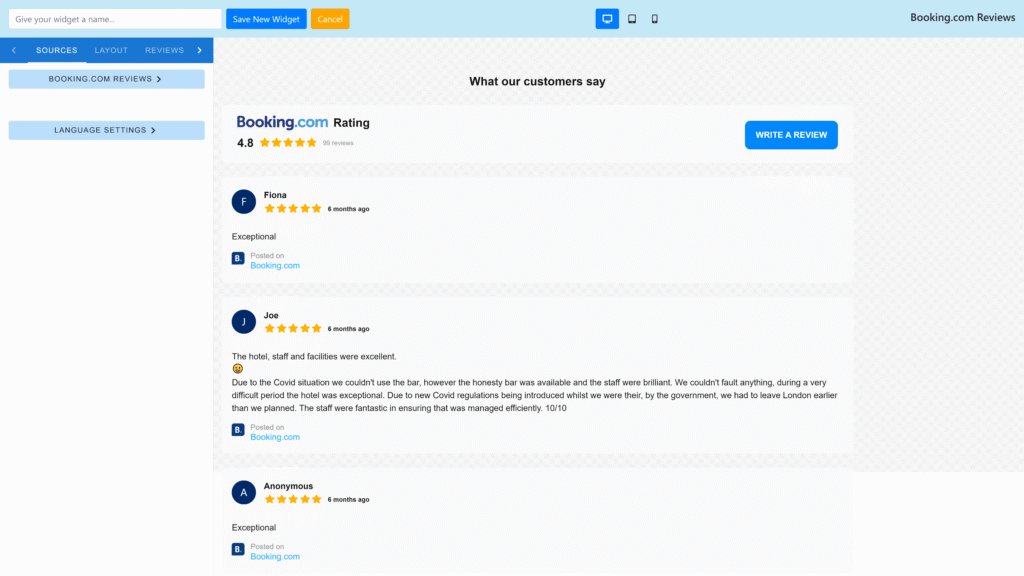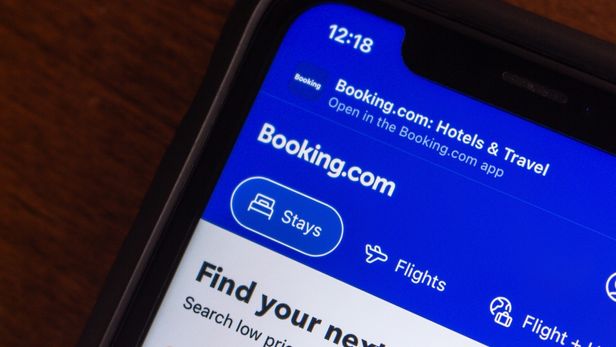Introduction
Booking.com is one of the biggest names in travel planning, helping millions find hotels, apartments, and more. The platform relies heavily on user reviews to show what stays are really like. For travelers, these reviews are gold—they can make or break a trip. But how much can you really trust them? Are they honest, or full of biases and fake reviews? That’s what we’re here to break down. This article looks at how reliable these reviews are, what factors influence them, and tips so you can judge their truthfulness.
Understanding Booking.com Reviews: How They Work

How Reviews Are Collected and Managed
Guests submit reviews after their stay ends. To do so, they usually log into their account, rate their experience, and write about it. Booking.com then reviews submissions to make sure they follow their rules. They filter out reviews that seem suspicious or inappropriate. Most reviews show up within a few days or weeks after the trip ends, giving fresh feedback on the stay.
Review Policies and Guidelines
Booking.com has strict rules to keep reviews honest. For example, reviewers can’t be paid, incentivized, or coerced into leaving positive feedback. They also have automatic systems to flag reviews that look fake or suspicious. If a review is suspected to be fake, the platform can remove it or block repeat offenders. This system tries to keep the reviews as truthful as possible, but it’s not perfect.
Role of Verified Guest Labels
When a guest’s stay is verified, their review gets a special label. It means the reviewer actually booked and stayed at the property through Booking.com. This adds trust, since verified reviews are less likely to be fake. Readers tend to value verified guest comments more because they’re based on real visits.
Factors Influencing the Accuracy of Booking.com Reviews

Incentives and Motivations for Leaving Reviews
Many guests write reviews for different reasons. Some want to share their excitement after a great stay, while others complain about problems. Sometimes, rewards like discounts or loyalty points encourage guests to leave reviews. This can lead to overly positive comments or, in some cases, biased reviews. Negative experiences are just as common when people want to warn others.
Fake and Inaccurate Reviews
Fake reviews have become a concern for many platforms, and Booking.com is no exception. There are paid reviews, competitive sabotage, or disgruntled guests trying to ruin a property’s reputation. Some fake reviews sound too perfect or overly detailed in a suspicious way. Others seem exaggerated or written in unusual language. While it’s hard to spot every fake, some signs can tip you off.
Bias and Subjectivity
Everyone sees a hotel differently. A guest’s expectations, culture, or mood can sway their opinion. For example, someone expecting luxury might leave a negative review if the hotel falls short. Others with high standards may praise a basic place for its cleanliness. Personal bias plays a big role in how reviews are written, which can distort true quality.
Review Manipulation and Editing
Some property owners try to influence reviews by encouraging good feedback or responding publicly to sway opinions. There are even cases where reviews are edited after posting. This manipulation can cloud the real experience. Look out for patterns like sudden spikes in high ratings or reviews that change over time.
How to Assess the Reliability of Booking.com Reviews
Analyzing Review Patterns and Trends
If multiple reviews sound similar or use the same phrases, they might be fake. Watch for clusters of overly positive reviews in a short time. A diverse stream of feedback from different types of guests is a good sign. Also, if most reviews mention the same issues or praises, you’ll know what’s really important.
Cross-Referencing with Other Platforms
Don’t rely on just Booking.com. Check reviews on TripAdvisor, Google, or other sites. Comparing comments can give you a better overall picture. If a property gets glowing reviews on one site but terrible ones elsewhere, take that into account.
Paying Attention to Detailed and Specific Feedback
Reviews that mention particular amenities, staff behavior, or specific issues are more trustworthy. Vague praise like “great place” or generic complaints like “bad service” are less helpful. Specific details show how genuine the review is.
Utilizing Expert and User Resources
Travel forums, blogs, and expert reviews offer insight beyond customer comments. They can point out red flags or verify common praise. If many experienced travelers warn about certain issues, it’s worth considering.
Practical Tips to Ensure Booking.com Review Reliability

How to Spot Fake or Unreliable Reviews
Look for reviews that are overly glowing or suspiciously over-the-top. Repetitive phrases or reviews posted immediately after booking instead of after stay might be fake. If a review contains errors or seems canned, be cautious. Fake reviews often sound too perfect or too negative.
Best Practices When Reading Reviews
Prioritize recent reviews—they reflect the current state of the property. Read a mix of positive and negative comments to balance your view. Never judge a place on just one or two reviews—look for trends.
Additional Verification Methods
Try contacting the property directly if you have questions. Read replies from the owners—they can provide clarity. Check if multiple reviews mention the same issues or praise, which helps confirm their accuracy.
The Future of Review Authenticity on Booking.com

Emerging Technologies and Tools
AI and machine learning are improving how fake reviews are detected. Platforms are starting to verify photo and video uploads to add more trust. Real-time moderation tools are becoming more common, helping to catch fake content quickly.
Industry Standards and Regulations
Stricter rules are being introduced to make reviews more transparent. Many platforms aim to be more accountable, with clear policies about removing fake reviews and verifying identities. This push for accountability helps users trust what they read.
How Travelers Can Advocate for Authentic Reviews
You can help by leaving honest, detailed feedback about your stays. Support platforms that promote transparency and verification. Every genuine opinion adds value and helps others make smarter choices.
Conclusion
Booking.com reviews are a valuable resource, but they aren’t foolproof. Many reviews are honest, but some can be fake or biased. Developing skills to recognize red flags and cross-referencing information will help you make better decisions. Look for detailed, verified reviews, and don’t hesitate to ask questions directly. Remember, no review system is perfect, but being a critical reader can lead to smarter travel plans. Stay informed, stay cautious, and enjoy your next trip with more confidence!
